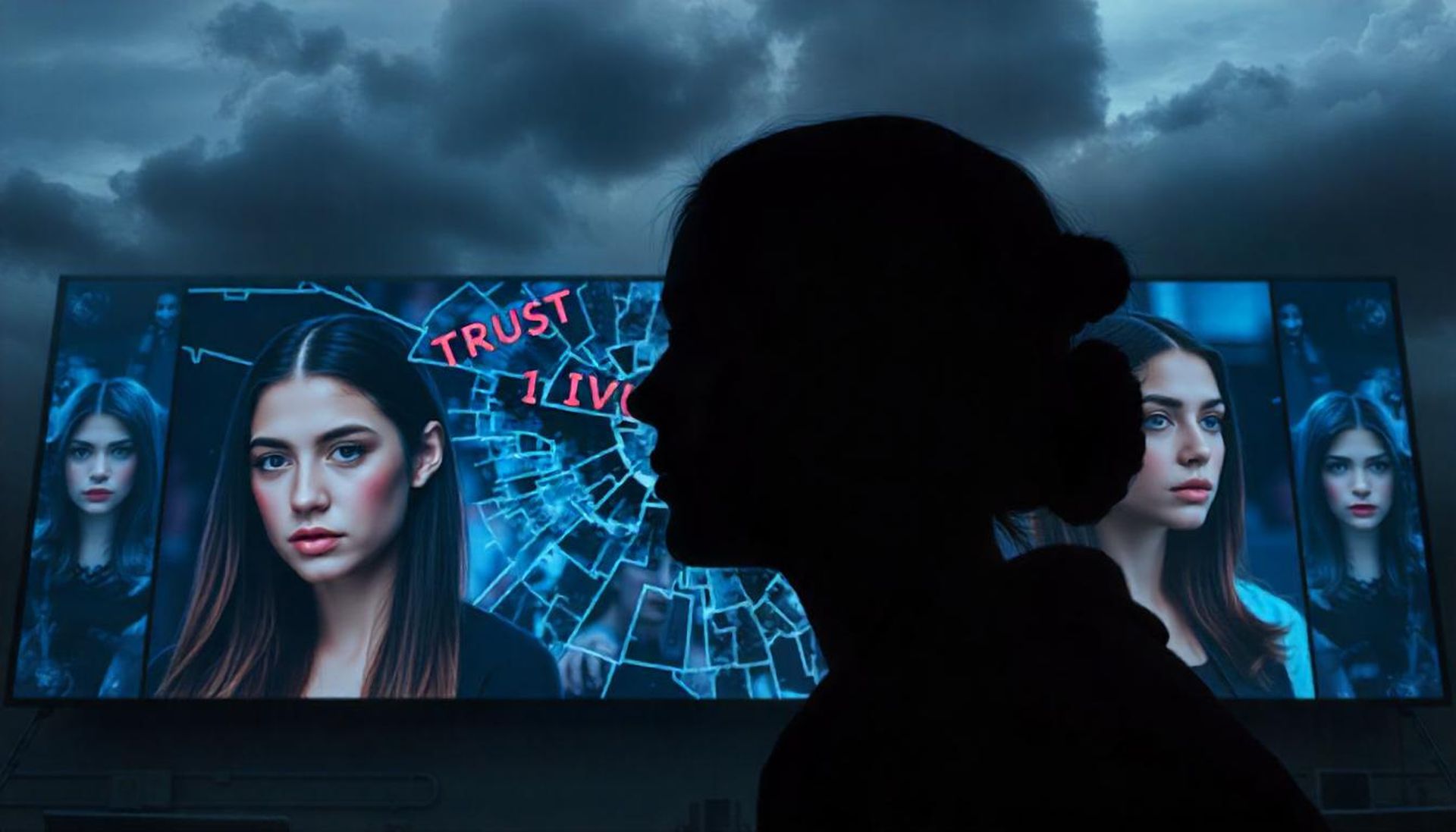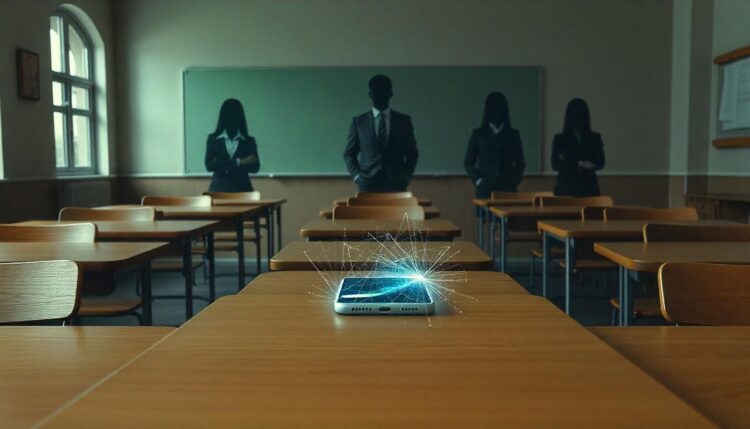Parents file a lawsuit against the private school after a scandal with AI-generated nude images of female students. When Lancaster County Day School discovered that a student was creating explicit deepfake images of practically all his classmates, they came under heavy fire. C canceled classes, school leaders pushed for accountability, and some resigned.
The scandal began when a report was made to the school’s “Safe2Say Something” anonymous reporting system in November 2023. According to police, Head of School Matt Micciche received this report but opted to do nothing about it and allowed the situation to fester for several months. Police were only alerted to the student accused of creating the harmful content in mid-2024 when they made an arrest. Part of the investigation involved seizing the student’s phone. After the explicit AI-generated images were linked with the student, law enforcement confirmed in August that a juvenile did play a role.

Resignations, protests, and lawsuits follow Lancaster’s AI deepfake scandal
The images became so disturbing for parents in May 2024 that they were surprised the school had not reported the matter earlier as required under child abuse reporting laws. That prompted threats of a lawsuit against school officials, who served with a court summons demanding they resign in 48 hours or face a lawsuit. Micciche and School Board President Angela Ang-Alhadeff resigned due to the pressure just days later.
Tensions remained high, and classes were canceled on the following Monday. Students and faculty staged a protest at the school, which serves about 600 students from pre-k through high school, demanding stronger measures to keep students safe. The school pledged to stand by the community during this time.
As school administrators resigned following organized walkouts, students claimed to be uneasy. On November 8, many thousands of high school students gathered and chanted something like “Hear us. Acknowledge us. See us.” They highlighted the need for clearer communication from school leaders as crises unfold. Micciche had previously backed the protest, saying he acknowledged students had a right to vent their anger over the school’s handling of the incident.
While the school leaders have resigned, they still intend to pursue legal action against school leaders, said lawyer Matthew Faranda-Diedrich. Lancaster Country Day said it had counseled impacted students and pledged to review and update reporting procedures and safety policies.

This scandal occurs at the same time as a broader debate around how the US legal framework responds to attempted child exploitation through AI. While the Lancaster incident is disturbing, such as it is, it becomes part of a pattern of AI-generated explicit content incidents involving children. The recently proposed legislation includes criminalizing the creation and distribution of such materials, with serious punishment, including large fines and long imprisonment for serious offenses.
But a new Pennsylvania law scheduled to go into effect soon would explicitly criminalize the making or dissemination of AI-generated child sexual abuse materials. Meanwhile, authorities are clamping down on a similar deepfake-related crisis in South Korea. Included in that is greater monitoring of social media platforms and more penalties for violating them as the country struggles with a deepfake porn epidemic that’s spooked schools and communities across the country.
US efforts in this domain pale in comparison to those of other countries. Researchers from John Jay College of Criminal Justice are among the advocates pushing for legal liabilities against digital platforms that post nonconsensual deepfake content and calling for more robust means of protecting those at risk of becoming victims.
Image credit: Furkan Demirkaya/Flux AI





